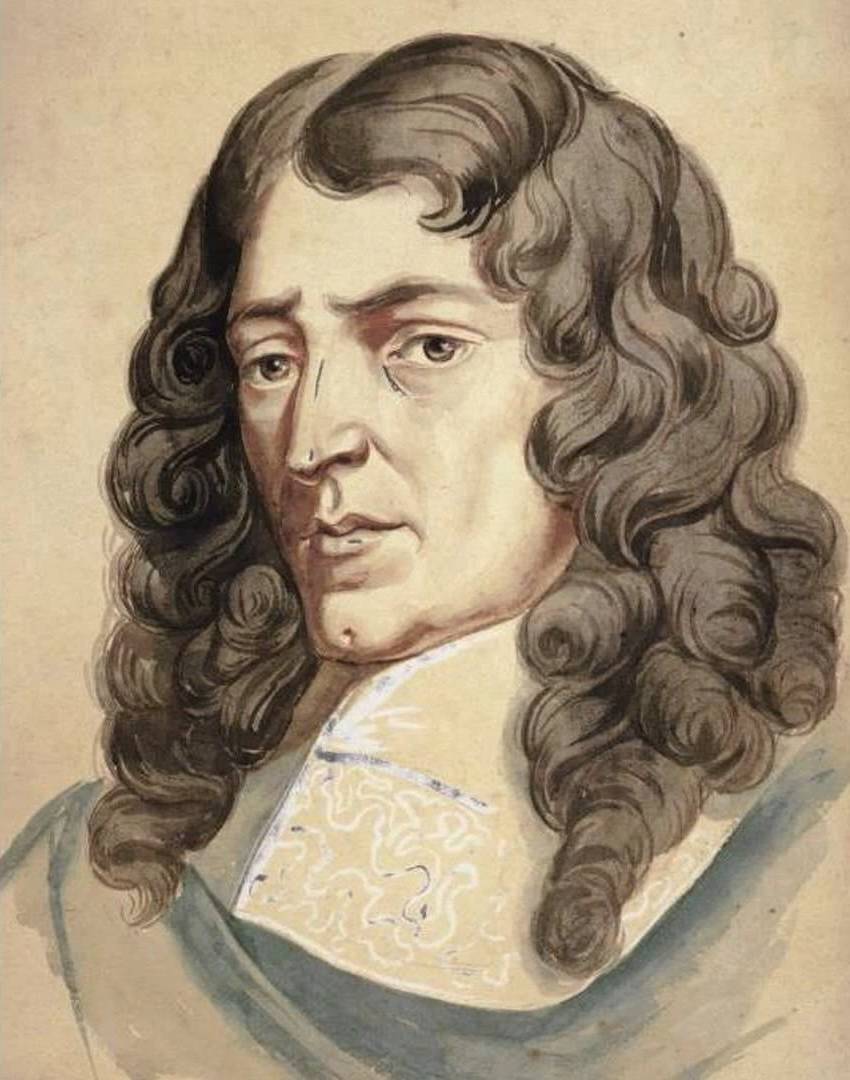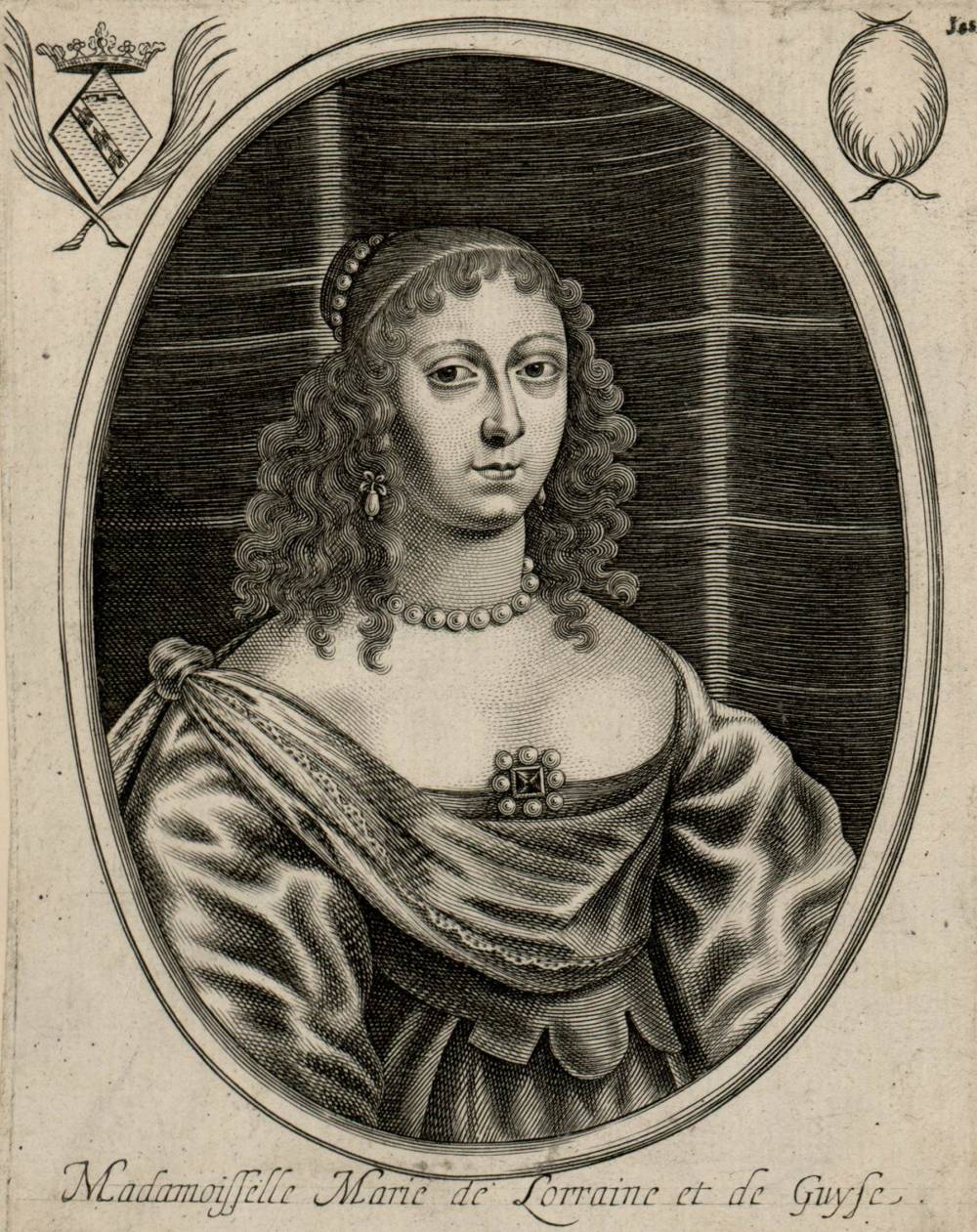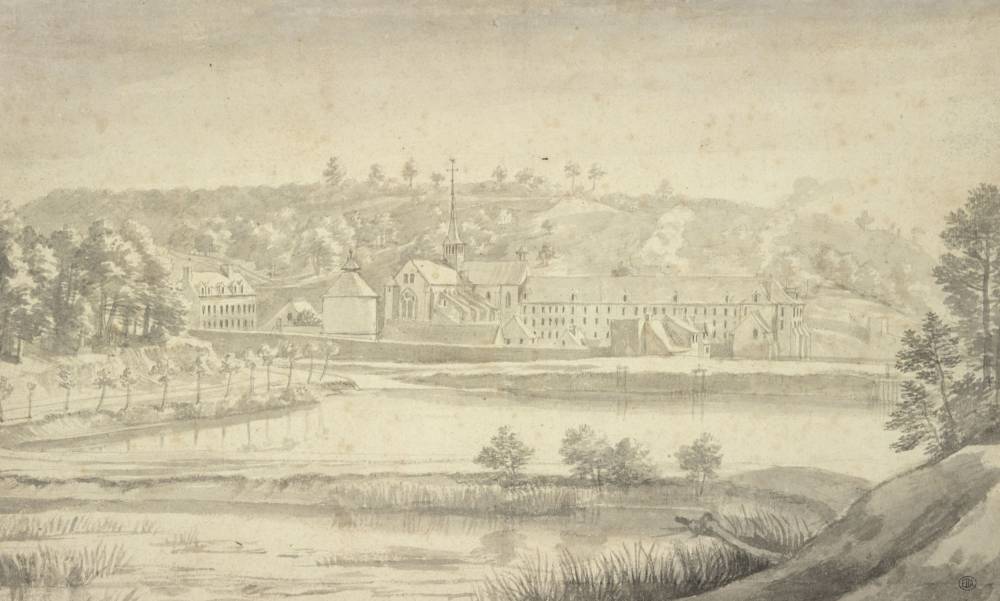The Charpentier affair
In 1683 Marc-Antoine Charpentier was the highly reputed musician of the Duchess of Guise and he often worked with the Jesuits in rue Saint-Antoine. He was also familiar with the court as he supplied music to the Dauphin, son of Louis XIV and heir to the throne between 1679 and 1682.

Marc-Antoine Charpentier
1643-1704
“Nasty gossip circulated that Charpentier claimed he was unwell under pressure from the Superintendent!”
It was therefore logical that Charpentier would enter the contest organised by the King in 1683 to find four new Music Masters for the Royal Chapel. He passed the first round and prepared for the second, which involved composing a motet in the space of a few days in total isolation. But the leading gazette of the time Le Mercure Galant commented in its detailed account of every stage of the contest “Monsieur Charpentier fell gravely ill during the period the fifteen musicians were isolated.” On health grounds the musician was obliged to withdraw from the competition.
Another (unconfirmed) story did the rounds, namely his presumed rivalry with Lully. Gossip circulated that Charpentier claimed he was unwell under pressure from the Superintendent who feared competition at court from someone so celebrated in Paris. However, when Le Malade Imaginaire was performed at court in 1674 (Molière, who died the previous year had commissioned Carpentier to provide the music), Lully apparently made no attempt to obstruct the event. Although Lully disliked Charpentier for the threat he posed, it is unlikely that there was any real personal animosity, particularly at the 1683 music contest.

MARIE DE LORRAINE (1615-1688), KNOWN AS MADEMOISELLE DE GUISE
PATRON OF THE ARTS, ENLISTED THE SERVICES OF MARC-ANTOINE CHARPENTIER FROM 1670 TO 1688

Port-Royal abbey in Paris, home of compositions by Charpentier
Nevertheless, Charpentier failed to measure up to the other candidates, notably Lalande! A sadly missed opportunity, for sure. How would the contest have turned out if the circumstances had been different? Charpentier’s role at court was to remain relatively minor and his compositions played only occasionally. However, Louis XIV, doubtless aware of the musician’s immense talent, was affected by the outcome because as Le Mercure Galant (again) commented in June 1683 ”The King offered Monsieur Charpentier an allowance shortly before his departure.”